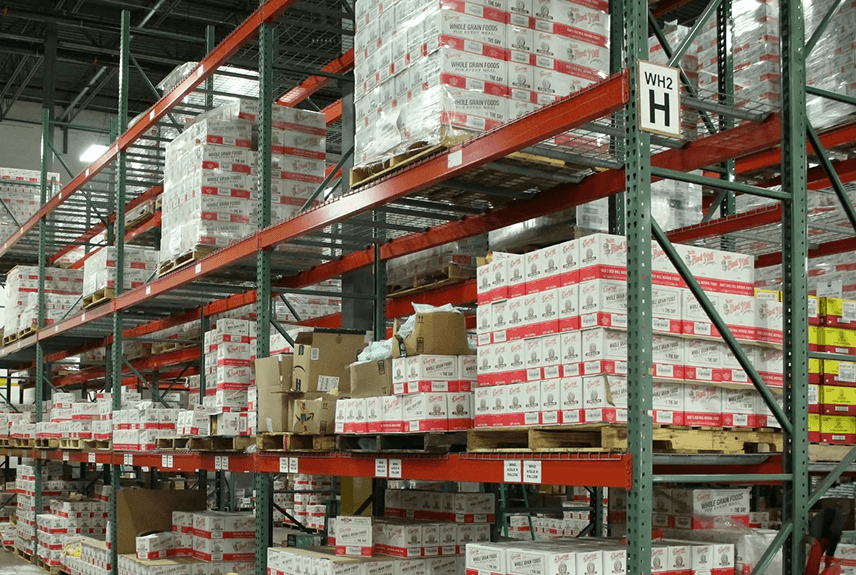Blog Details
The Role of Logistics in Global Supply Chains
By Michael Brown • Sep 14, 2025

Logistics is the lifeline of global trade — a complex network that ensures goods move efficiently from production to consumption. In today’s world, supply chains are no longer linear; they are dynamic ecosystems powered by data, automation, and global collaboration. Modern logistics relies on visibility. Real-time tracking, digital freight systems, and predictive analytics are empowering companies to make informed decisions, minimize delays, and optimize routes. The integration of technology has transformed how materials are stored, shipped, and delivered across continents. However, efficiency alone is not enough. Sustainability has become an equally important metric of success. Green logistics — through fuel-efficient fleets, optimized packaging, and renewable-powered facilities — is redefining the industry’s long-term impact on the planet. Regions like the Middle East are investing heavily in logistics infrastructure to support this evolution. Massive projects such as industrial cities, smart ports, and rail networks are turning the region into a pivotal gateway between East and West. As global demand continues to rise, businesses that embrace logistics innovation will gain a crucial edge. The ability to move smarter, faster, and cleaner will shape the future of international trade.